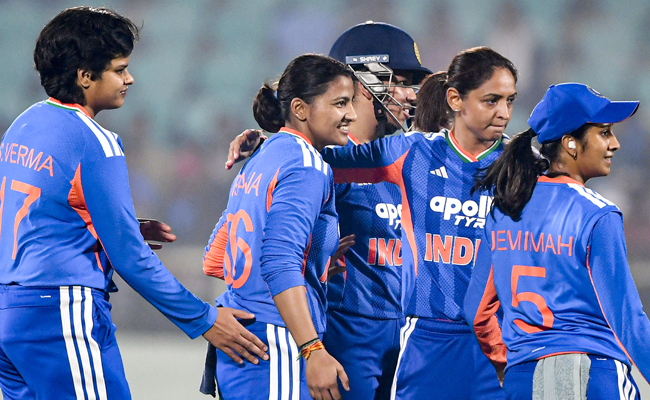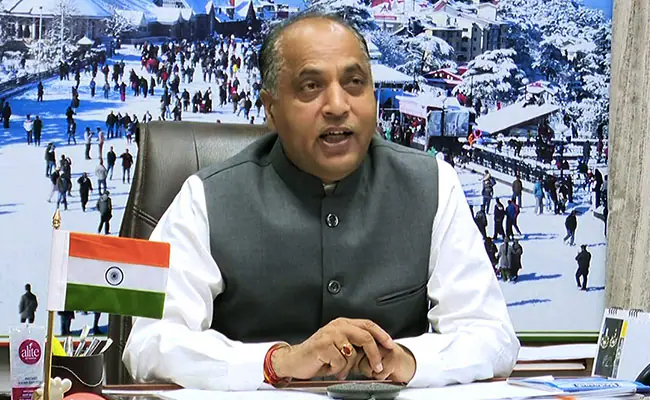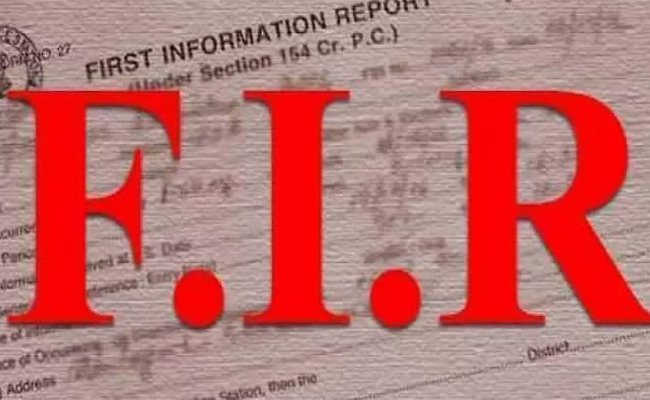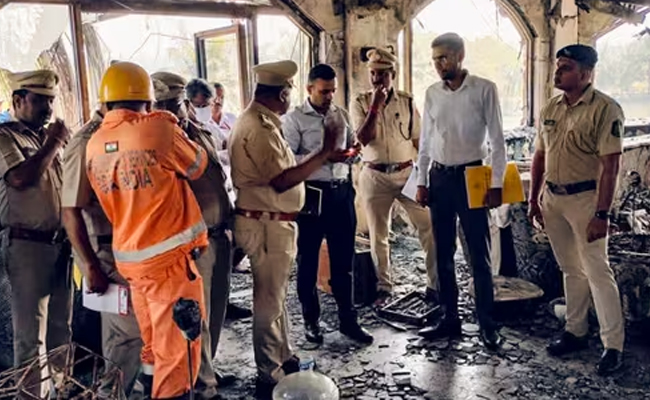New York (PTI): An Indian student in the US state of Ohio has died and police are investigating the case, India's Consulate in New York said on Friday, the latest in a string of tragedies to shock the community in the country.
“Deeply saddened by the unfortunate demise of Mr Uma Satya Sai Gadde, an Indian student in Cleveland, Ohio,” the Consulate General of India in New York said in a post on X.
The Consulate said that a police investigation into the death is underway, and it continues to remain in touch with the family in India.
“All possible assistance is being extended, including to transport Mr Uma Gadde’s mortal remains to India at the earliest,” the consulate said.
Since the beginning of 2024, there have been at least half a dozen deaths of Indian and Indian-origin students in the US. The alarming rise in the number of attacks has caused concern among the community.
Last month, a 34-year-old trained classical dancer from India, Amarnath Ghosh, was shot dead in St Louis, Missouri.
Sameer Kamath, a 23-year-old Indian-American student at Purdue University, was found dead in a nature preserve in Indiana on February 5.
On February 2, Vivek Taneja, a 41-year-old Indian-origin IT executive, suffered life-threatening injuries during an assault outside a restaurant in Washington, making it the seventh death of an Indian or Indian-American in recent months in the US.
The series of attacks on Indians and Indian origin persons/students had prompted the officials of the Indian Embassy in Washington and its consulates at various places to hold a virtual interaction with Indian students from across the US, discussing various aspects of student well-being and ways to stay connected with the larger diaspora.
About 150 Indian Student Association office bearers and students from 90 US universities participated in the interaction led by Charge d'Affaires Ambassador Sripriya Ranganathan.
It was also attended by the Consul Generals of India in Atlanta, Chicago, Houston, New York, San Francisco and Seattle.
Let the Truth be known. If you read VB and like VB, please be a VB Supporter and Help us deliver the Truth to one and all.
Visakhapatnam (PTI): Shafali Verma hit a blistering unbeaten 69 as India made short work of a paltry target to outclass Sri Lanka by seven wickets in the second Women’s T20 International here on Tuesday.
India now lead the five-match series 2-0 after another one-sided victory, having restricted Sri Lanka to a modest 128 for 9 through a collective display of disciplined bowling from the spin trio of seasoned Sneh Rana, ably complemented by young spinners Vaishnavi Sharma and Shree Charani.
During the chase, vice-captain Smriti Mandhana (14) fell cheaply but Shafali, enjoying new found confidence after a stellar show in the World Cup final, sent the bowlers on a leather-hunt during her 34-ball knock, winning it for her team in just 11.5 overs.
The hosts have now completed back-to-back successful chases within 15 overs which speaks volumes about the unit's sky-high confidence.
Shafali's innings had 11 punchy boundaries apart from a maximum.
The floodgates opened when left-arm spinner Inoka Ranaweera bowled a few flighted deliveries and Shafali would step out everytime to hit her over extra cover. Her footwork against slow bowlers was immaculate whether stepping out to loft the ball or rocking back to punch or pull.
Seeing her confidence, the newly appointed Delhi Capitals skipper Jemimah Rodrigues (26 off 15 balls) also attacked as the duo added 58 runs in just 4.3 overs.
By the time Rodrigues was out trying to hit one six too many, the match as a contest was over. Shafali completed her half-century off just 27 balls and completed the formalities in a jiffy.
Earlier, off-spinner Rana, who got a look-in after Deepti Sharma was ruled out due to fever, showed her utility keeping the Lankan batters under tight leash with figures of 1 for 11 in 4 overs, including a maiden which certainly is a rarity in T20 cricket.
Charani, who made an impression during India's ODI World Cup triumph, took 2 for 23 in her quota of overs, while Vaishnavi after an impressive debut in the opening encounter, finished with 2 for 32, not letting the Islanders get easy runs in her second spell.
The last six wickets fell for just 24 runs, but what stood out during India’s bowling effort was their superb ground fielding. After a patchy show in the previous game, the improved sharpness in the field resulted in three run-outs.
Sri Lankan skipper Chamari Athapaththu (31 off 24 balls) looked in good nick as she deposited length deliveries from seamers Kranti Gaud and Arundhati Reddy over the ropes but it was Rana, who kept her quiet by repeatedly pitching on good length.
Unable to manoeuvre the strike and with the big hits suddenly drying up, Athapaththu chanced her arm at another delivery in which Rana had shortened the length slightly.
Not having transferred the weight into the lofted shot, Athapaththu's hoick was pouched cleanly by Amanjot Kaur at long-off.
This was after Athapaththu's opening partner Vishmi Gunaratne (1) had offered a simple return catch to Gaud.
Hasini Perera (22 off 28 balls) and Harshitha Samarawickrama (33 off 32 balls) did stitch a stand of 44 but they could never set the tempo against the Indian spin troika.
Once Hasini offered a tame return catch off a Charani full-toss, Sri Lankans never recovered and lost wickets in a heap towards the end.





